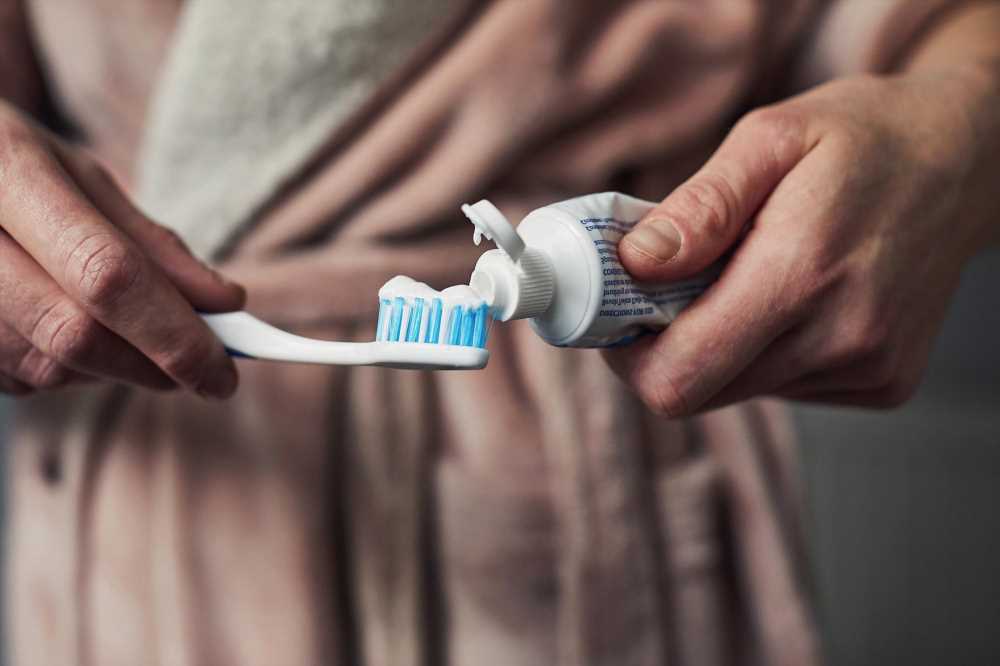More On:
study says
People who got Moderna COVID vaccine report more side effects than Pfizer recipients
The shocking, real reason why gorillas pound their chests
Prehistoric cave painters may have been inspired by hallucinations
A third of COVID survivors suffer from these problems, study reveals
Healthy molars, healthy mind.
In case oral hygiene wasn’t important enough already, brushing one’s teeth could help maintain one’s mental — along with their dental — health.
A recent study found a correlation between gum disease and dementia and other brain diseases, the Daily Mail reported. Prior studies had found that bacteria-causing gingivitis can metastasize from the mouth to the brain.
“This is the first study showing an association between the imbalanced bacterial community found under the gumline and a cerebrospinal fluid biomarker of Alzheimer’s disease in cognitively normal older adults,” explained Dr. Angela Kamer of the NYU Dentistry School. She authored the brainy study published in Alzheimer’s & Dementia: Diagnosis, Assessment & Disease Monitoring.
Previous studies had established a link between a buildup of amyloid proteins in the cerebral arteries and cognitive decline. However, researchers had yet to pinpoint how that amyloid buildup causes the disease, which they now theorize could occur when gum disease prevents the body from jettisoning these interloping enzymes from the brain.
Researchers attempted to prove the dental-mental wellness connection by taking both gum swabs and cerebrospinal fluid samples from 48 healthy volunteers over 65 years old. People in this age group face a high risk of both dementia and gum disease — a cautionary tale for notoriously dentist-averse millennials.
They then measured their amounts of good and bad oral flora and found that individuals with more beneficial mouth microbes had lower levels of amyloids. In turn, these individuals had a lesser chance of contracting dementia.
“We found that having evidence for brain amyloid was associated with increased harmful and decreased beneficial bacteria,” said Dr Kamer. “Our results show the importance of the overall oral microbiome — not only of the role of ‘bad’ bacteria, but also ‘good’ bacteria — in modulating amyloid levels.”
The next step is establishing clinical trials to determine if deep-cleaning teeth can help stave off Alzheimer’s disease.
In the interim, you can curb levels of “cerebral plaque” by brushing teeth for two minutes twice a day with a soft-bristle brush, per the American Dental Association.
This isn’t the first study linking oral hygiene with overall health. Researchers have claimed that harmful mouth pathogens can increase the likelihood of everything from cancer to heart disease and even fatalities from COVID-19.
Share this article:
Source: Read Full Article





